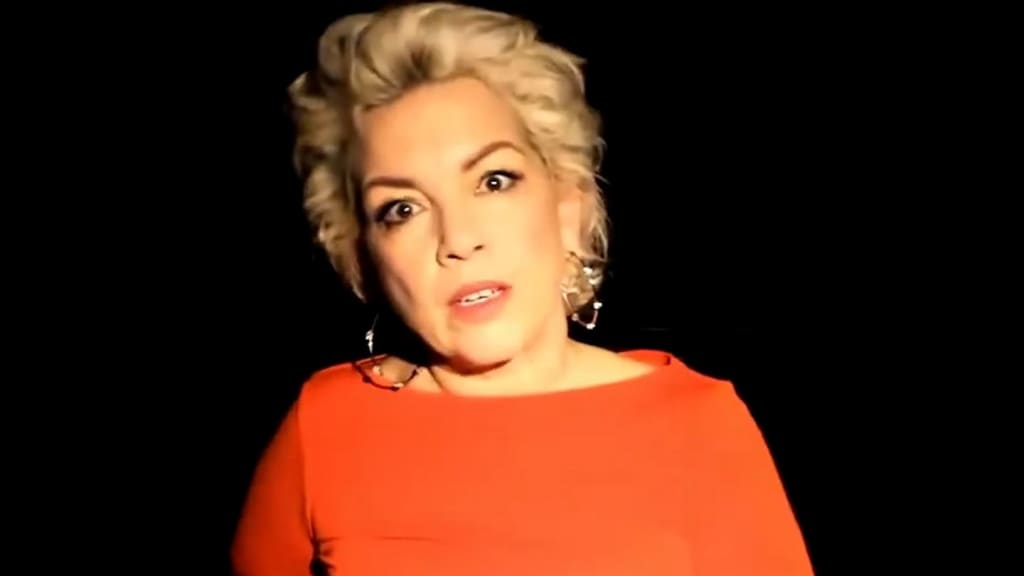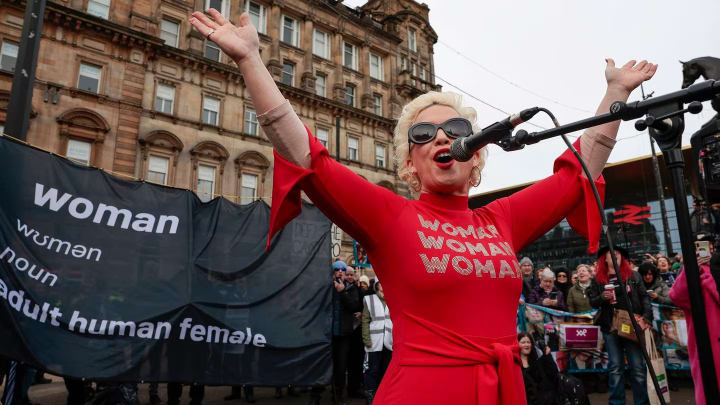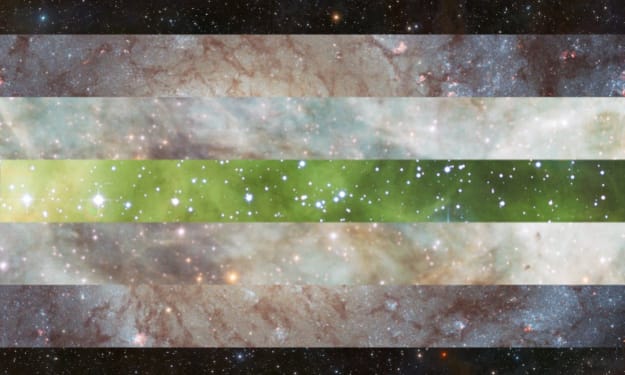Posie Parker's YouTube Ban: A Victory Over Transphobia?
Transphobic hate speech has met its match in YouTube's stringent policies. Kellie-Jay Keen, known by the moniker Posie Parker, learns this the hard way. Is this the beginning of a new wave against online hatred?

In the wake of the digital era, YouTube, the world's largest video-sharing platform, recently took a stand against transphobia by temporarily suspending the notorious Posie Parker. Known in other circles as Kellie-Jay Keen or Kellie-Jay Keen-Minshull, she made her mark as an outspoken anti-trans activist whose rhetoric has stoked the flames of hatred against the trans community.
Parker, infamous for hosting 'Let Women Speak' events in the UK, Australia, and New Zealand, has a history of spreading discord. Several instances saw neo-Nazis openly marching at her events. Notably, she drew widespread criticism for blaming a violent assault on a 14-year-old gay boy in Navan, Ireland on the trans community. The insinuation behind her incendiary remarks was that transgender activism had caused a backlash against the broader LGB community, endangering young people in the process.
But this time, it's not Parker doing the banning; it's YouTube taking action against her. In response to her violations of the platform's hate speech policy, her content has been removed. YouTube's three-strike system, designed to handle consistent policy violations, has landed her the second strike. Two weeks without the ability to publish new videos or livestreams is the consequence of this second strike. This suspension emphasizes the fact that YouTube's policies apply to everyone.
The hate speech policy at YouTube prohibits content promoting violence or hatred against individuals or groups based on attributes such as age, caste, disability, ethnicity, gender identity, nationality, race, immigration status, religion, sex/gender, sexual orientation, among others. The suspension of Posie Parker, the provocateur, is a testimony to YouTube's commitment to these guidelines.
During this suspension, Parker has been vocal on her Facebook page, blaming a "rabidly-obsessed" trans-rights activist for her woes. She voiced her claim that this individual had repeatedly reported her content, leading to her suspension. "They think they conned women, and they haven't," Parker declared in an ironic twist, considering her own use of deceptive rhetoric to rally against the trans community.
Additionally, in a bizarre interlude, Parker used her suspension announcement video to promote a diamante t-shirt and a range of beach bags, before launching into a tirade about parents’ rights.

In a statement to PinkNews, Keen doubled down on her stance, insisting that "trans-rights activists are opposed to free speech," painting her suspension as a violation of her freedom. She portrayed herself as a "fierce defender of free speech" who wouldn't dream of preventing the expression of ideas, even the bad ones, while simultaneously denouncing her opponents as "censorious authoritarians."
At this point, it's crucial to note the paradox inherent in Posie Parker's claim of upholding free speech while using her platform to disseminate hatred. Free speech, by its very definition, implies the respect of others' rights to express themselves, as long as it doesn't incite violence or harm. Keen's dismissal of trans rights activists’ perspectives contradicts her self-proclaimed devotion to free speech.
Keen warned her opponents, saying, "They should beware of the pitchforks they wield as they will eventually turn on them." But in her cautionary tale, Keen seems to have overlooked the fact that the pitchforks aren't being wielded by the activists, but by the digital platforms that refuse to give a megaphone to hate speech.
As of now, her YouTube page is still active and boasts 80.6K subscribers. But with her last livestream dating four days ago, the impact of her suspension is starting to materialize. The silence from the Posie Parker corner of YouTube is a direct consequence of her hate-filled rhetoric and a testament to the platform's commitment to its community guidelines.
The Posie Parker saga is a glaring example of the thin line between free speech and hate speech in the world of social media. It also underlines the responsibility that comes with the freedom of expression. While platforms like YouTube provide a space for dialogues and discussions, they also need to ensure the safety and dignity of all communities involved. The recent suspension of Kellie-Jay Keen, better known as Posie Parker, marks a significant step in that direction.
As we navigate through the digital era, the fate of Posie Parker's YouTube channel remains to be seen. However, the message from YouTube is clear - there is no room for hatred and intolerance. We can only hope this sets a precedent for other social media platforms to follow suit and create an internet that is inclusive, respectful, and diverse.
About the Creator
Nathan Chen
I'm Nathan Chen, a queer Asian writer advocating for LGBTQ+ issues, Asian representation, millennial lifestyle, work life & mental health. Let's explore life's complexities together!






Comments
There are no comments for this story
Be the first to respond and start the conversation.